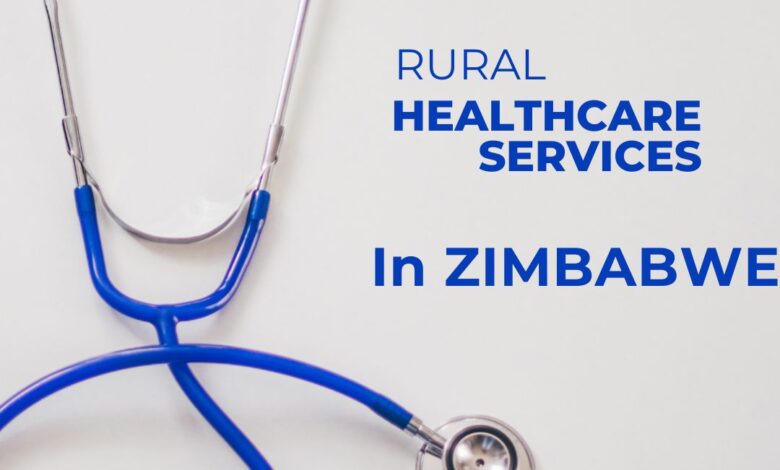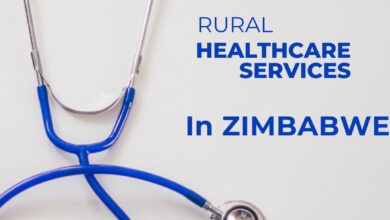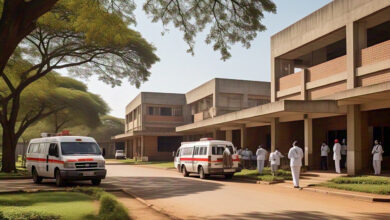Zimbabwe’s Initiatives to Improve Access to Healthcare in Rural Areas.

Improving Access to Healthcare in Rural Areas: A Top Priority
Zimbabwe’s initiatives to improve access to healthcare in rural areas is enhancing communities. This is a move that will benefit thousands of people who have been struggling to access medical care. This development is a significant step towards achieving the country’s health goals. It also ensures that everyone has access to quality healthcare, regardless of their location. Moreover, the 17 Sustainable Development Goals at the United Nations in 2015 provide the broad parameters by which Zimbabwe developed its health system. This has the objective of achieving Universal Health Coverage by 2030. Therefore, improving access to healthcare in rural areas is vital to achieve this.
New Healthcare Facilities and Equipment
Furthermore, the government has laid out plans to build new healthcare facilities and upgrade existing ones in rural areas. This will increase access to healthcare services and reduce the burden on existing facilities. Additionally, new equipment and medical supplies will be provided. This is to ensure that healthcare professionals have the resources they need to provide quality care. This is according to the National Health Strategy 20212-2025 document.
Training Healthcare Professionals
Likewise, the government has also launched initiatives to train more healthcare professionals, including doctors, nurses and midwives. This will ensure that there are enough skilled professionals to staff the new facilities and provide quality care to patients. The nation is grappling with the massive exodus of trained healthcare workers. This then leaves a huge gap in the provision of adequate health care. Therefore, this initiative to train more workers will help bridge this gap and improve access to quality healthcare.
Mobile Health Clinics
To reach remote areas, the government has introduced mobile health clinics that will provide healthcare services to people in rural areas. These clinics will be equipped with modern medical equipment and staffed by trained healthcare professionals. However, Citizwean Mobile Clinic, a crowdfunded citizens non-profit works to provide mobile clinics in rural areas. Also, it is a citizens’ initiative with a highly successful Citizwean Mobile clinic programs run by volunteer doctors and nurses. Additionally, this is in each of the 10 provinces around Zimbabwe. Also, this is to provide quarterly visits for preventive health education, health screenings and non-invasive treatment to families and their children in remote rural areas
Partnership with International Organisations
Furthermore, the Zimbabwean government frequently partners with international organizations, such as the World Health Organization (WHO) and the United Nations Children’s Fund (UNICEF), to support its healthcare initiatives. These partnerships will provide additional resources and expertise to support the government’s efforts to improve access to healthcare in rural areas.
Community Engagement
Finally. the government of Zimbabwe has also launched community engagement initiatives to raise awareness about healthcare services and encourage people to seek medical care when they need it. This includes education on preventative care, disease prevention and healthy lifestyles. This community engagement helps improve people’s health as they take part in preventing diseases, lessening the burden on rural healthcare.
Conclusion
The Zimbabwe’s initiatives to improve access to healthcare in rural areas are a significant step towards achieving the country’s health goals. By increasing access to healthcare facilities, training healthcare professionals, introducing mobile health clinics, partnering with international organizations, and engaging with communities, the government is demonstrating its commitment to ensuring that everyone has access to quality healthcare, regardless of their location.





